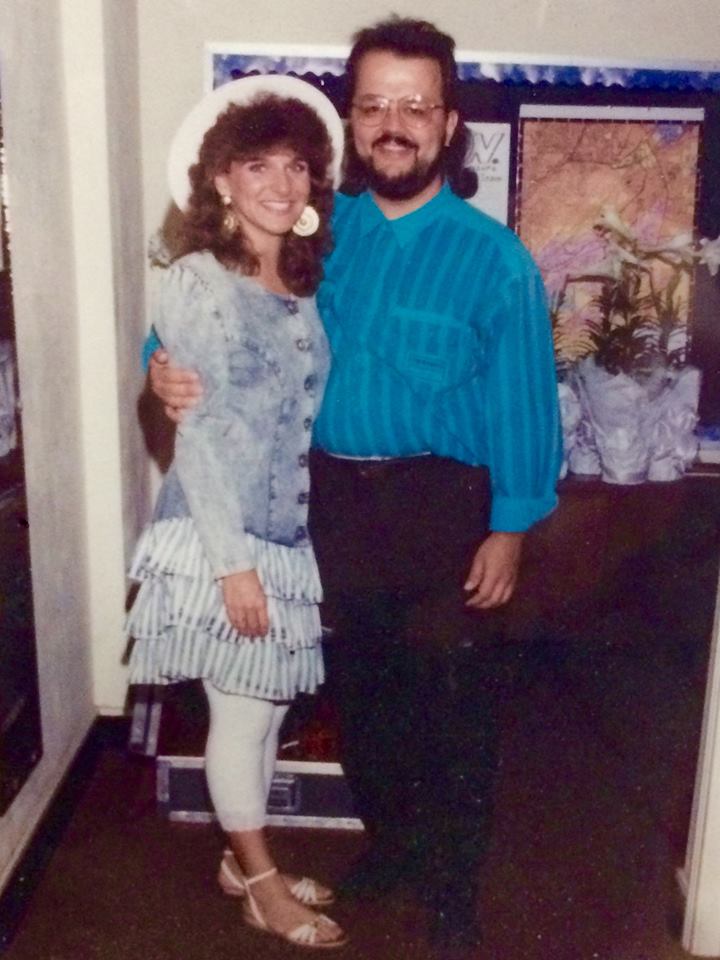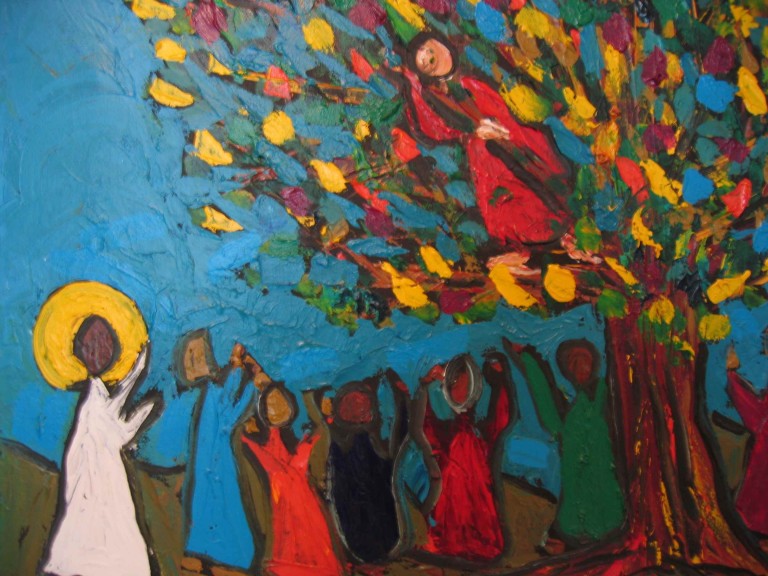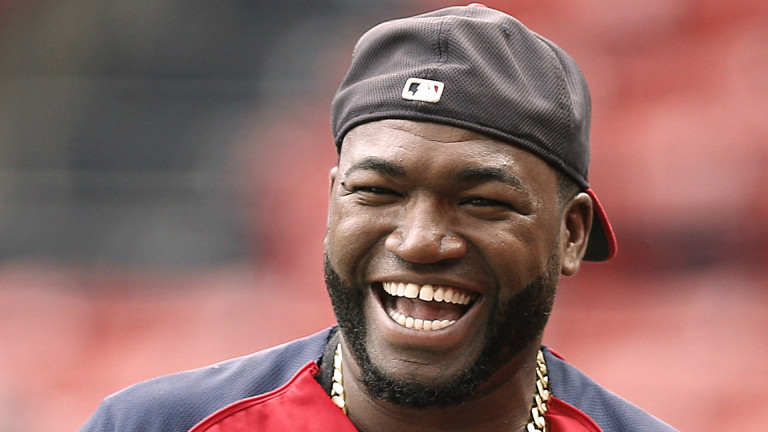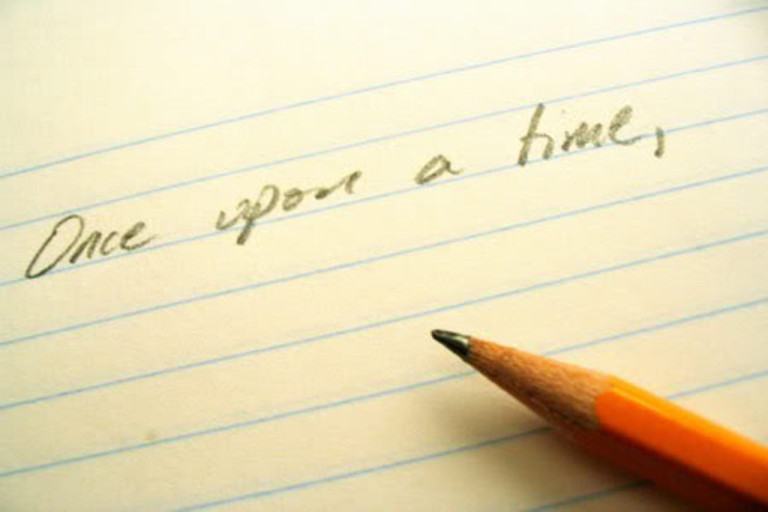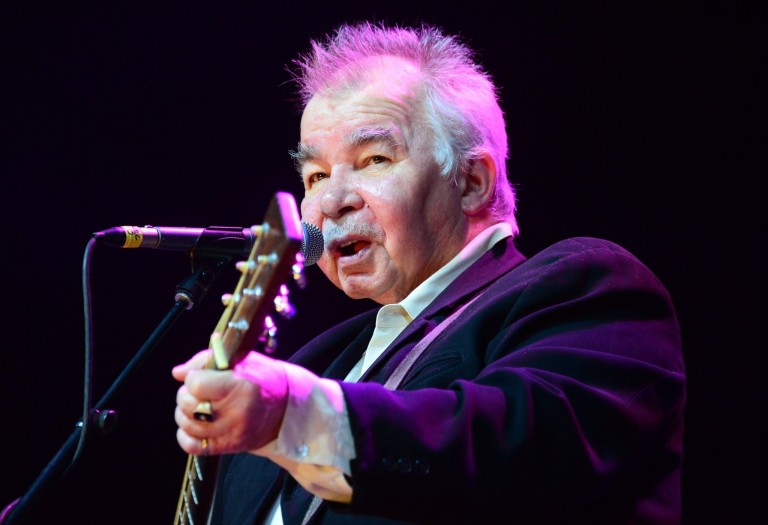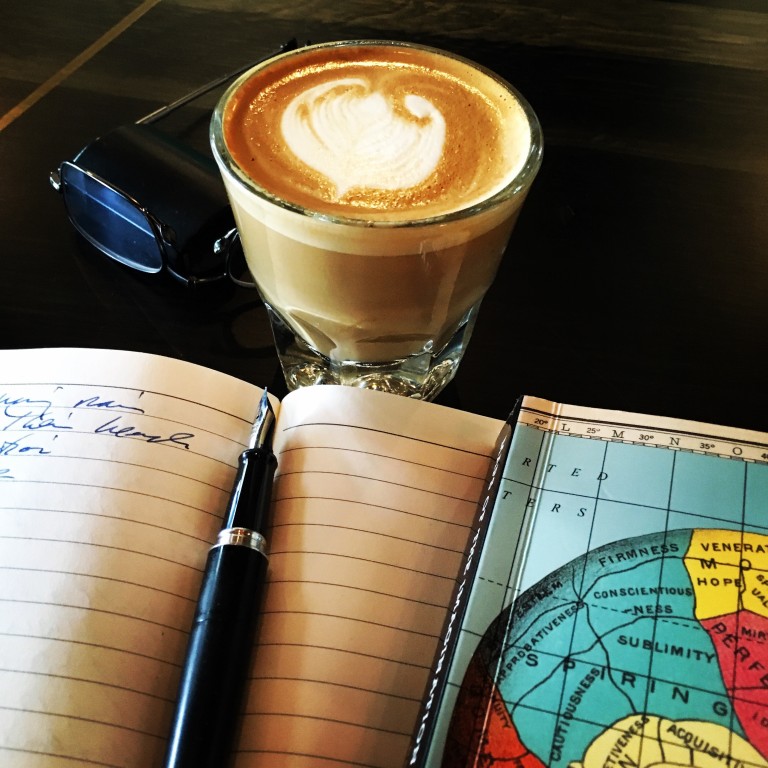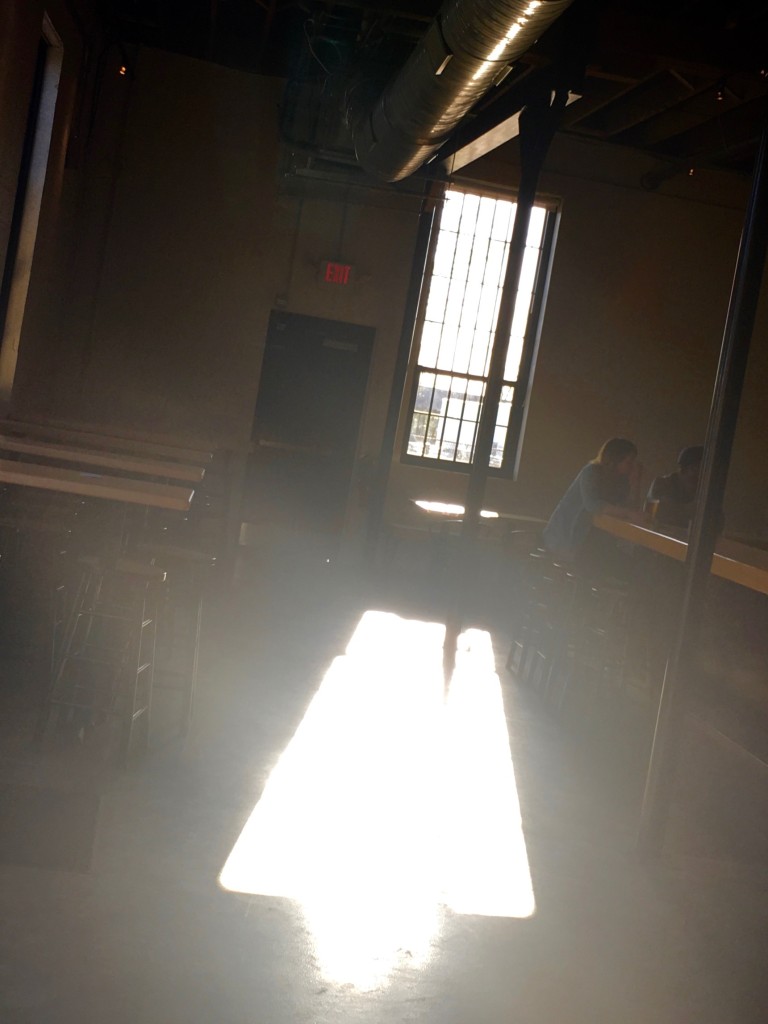penultimate
it was the night before
though I suppose I could
say it was the last night
but that is not how I’ve
ever thought of it
nothing was ending
everything was beginning
we gathered everyone
we could think of in the
fellowship hall to tell
stories eat barbecue
and mark the moment
nothing was ending
everything was beginning
the guys gathered to share
communion afterwards
as many groomsmen as
Jesus had disciples
and then I tried to sleep
nothing was ending
everything was beginning
more than a quarter of
a century ago
we are sharing some wine
planning for tomorrow
and I’m ready for sleep
nothing was ending
everything was beginning . . .
Peace,
Milton
